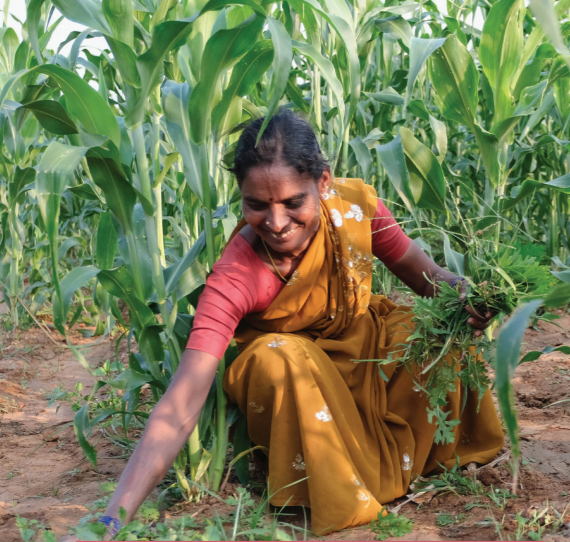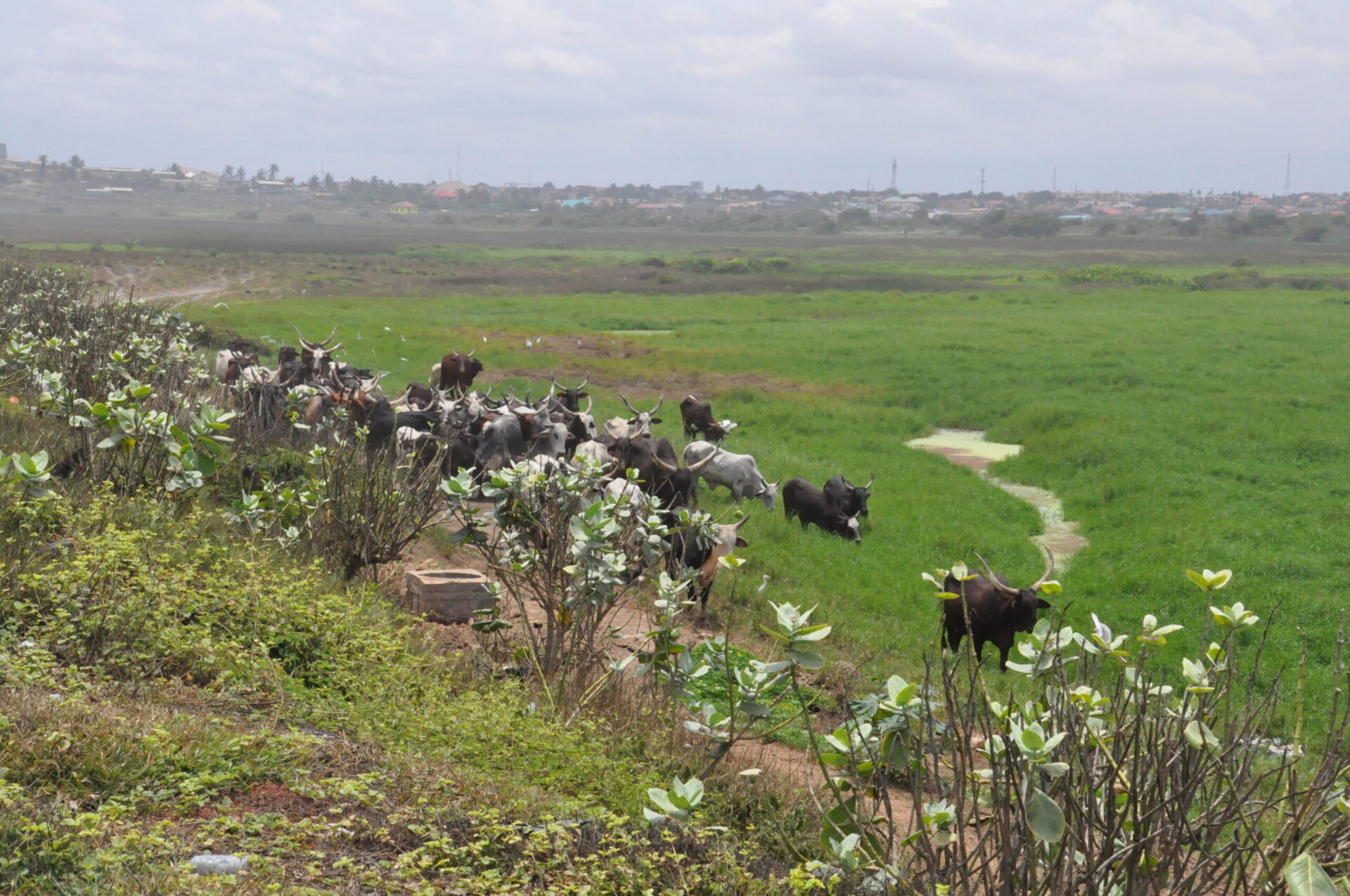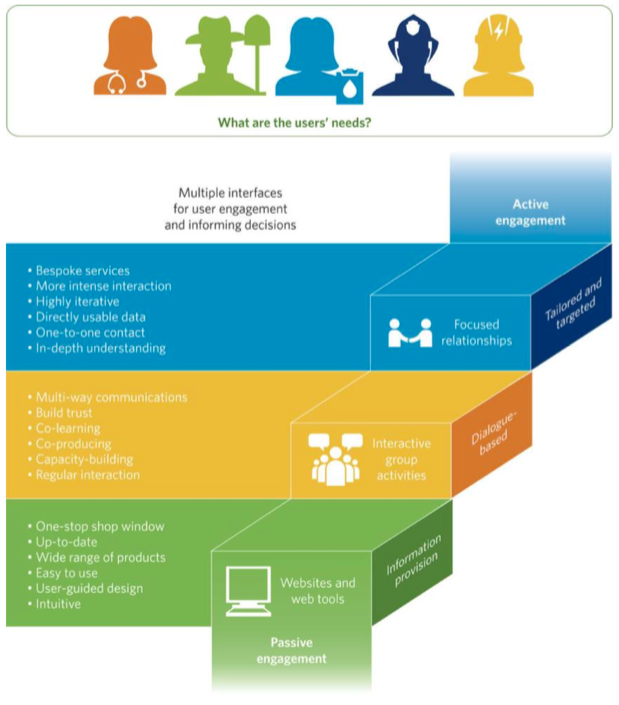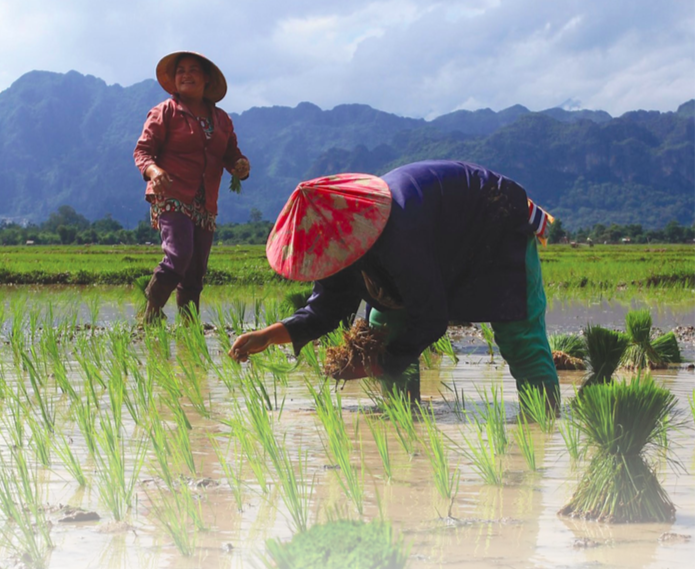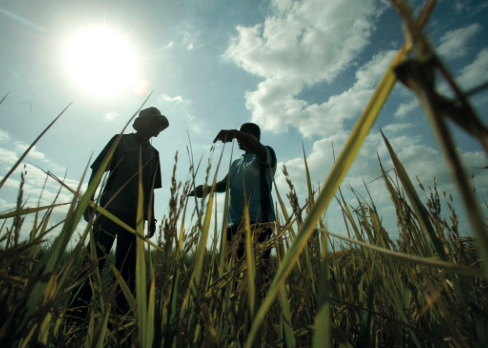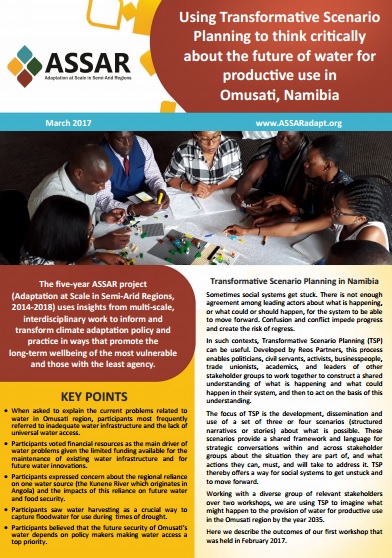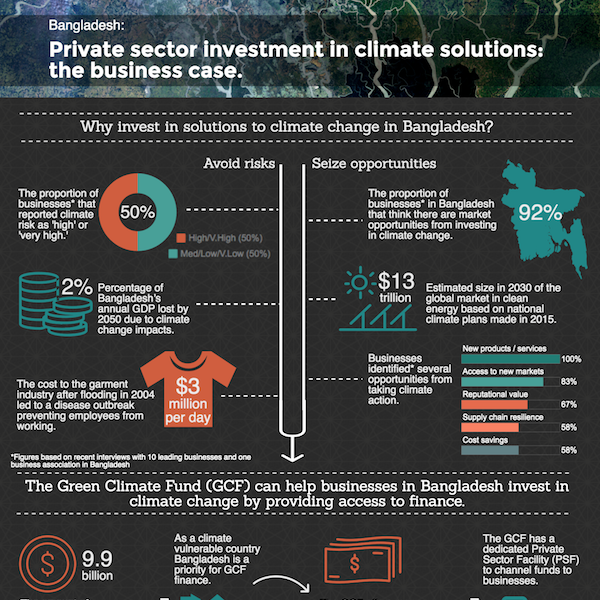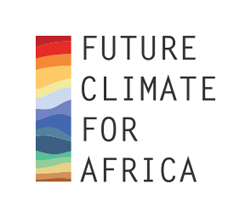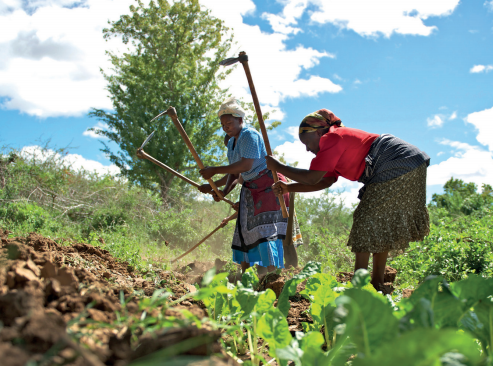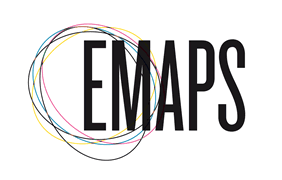stakeholders
Mainstreaming Gender in Climate Change in India
This report describes how gender has been mainstreamed in the CCA-RAI project through a gender analysis and the implementation of a gender strategy.
An Annotated Bibliography on Ecosystem Approaches in Africa (2015 – 2018)
This work summarizes 700 articles, papers, books and reports on topics ranging from general ecosystem theory, implementation and its application from 2015 to 2018.
Lessons and practice of co-developing climate services with users
This report shares experiences and summarises lessons learned from Climateuropeproject partners on how to foster co-development of climate services between providers and users.
How Climate Drives Hunger: Food Security Climate Analyses, Methodologies and Lessons 2010-2016
A compendium of the main findings and lessons learnt from WFP's food security climate analyses under the Climate Adaptation Management and Innovation Initiative (C-ADAPT).
What roles could private actors play in agricultural adaptation in sub-Saharan Africa? Insights from publicly funded projects
This study examines proposals for 197 projects to determine the diversity of agricultural adaptation options available and to what extent private actors are involved with them in sub-Saharan Africa
Using Transformative Scenario Planning to think critically about the future of water for productive use in Omusati, Namibia
ASSAR's Southern African team describes the outcomes of their first transformative scenario planning (TSP) workshop that was held in Omusati, Namibia in February 2017.
Business case for the Bangladeshi private sector to invest in climate change and access international climate finance
This paper outlines the business case for private sector action on climate change in Bangladesh and the opportunities this presents, including accessing new sources of finance.
UMFULA: Uncertainty reduction in models for understanding development applications
The UMFULA project (meaning ‘river’ in Zulu) aims to support decision-making through providing new and more reliable information about climate processes and extremes in Central and Southern Africa.
When does private finance count as climate finance? Accounting for private contributions towards international pledges
This discussion brief examines different types of international private finance and asks questions about their suitability for being counted towards the Copenhagen commitment.
Climaps – a Global Issue Atlas of Climate Change Adaptation
Climaps.eu is an online atlas providing data, visualizations and commentaries about the climate adaptation debate.
